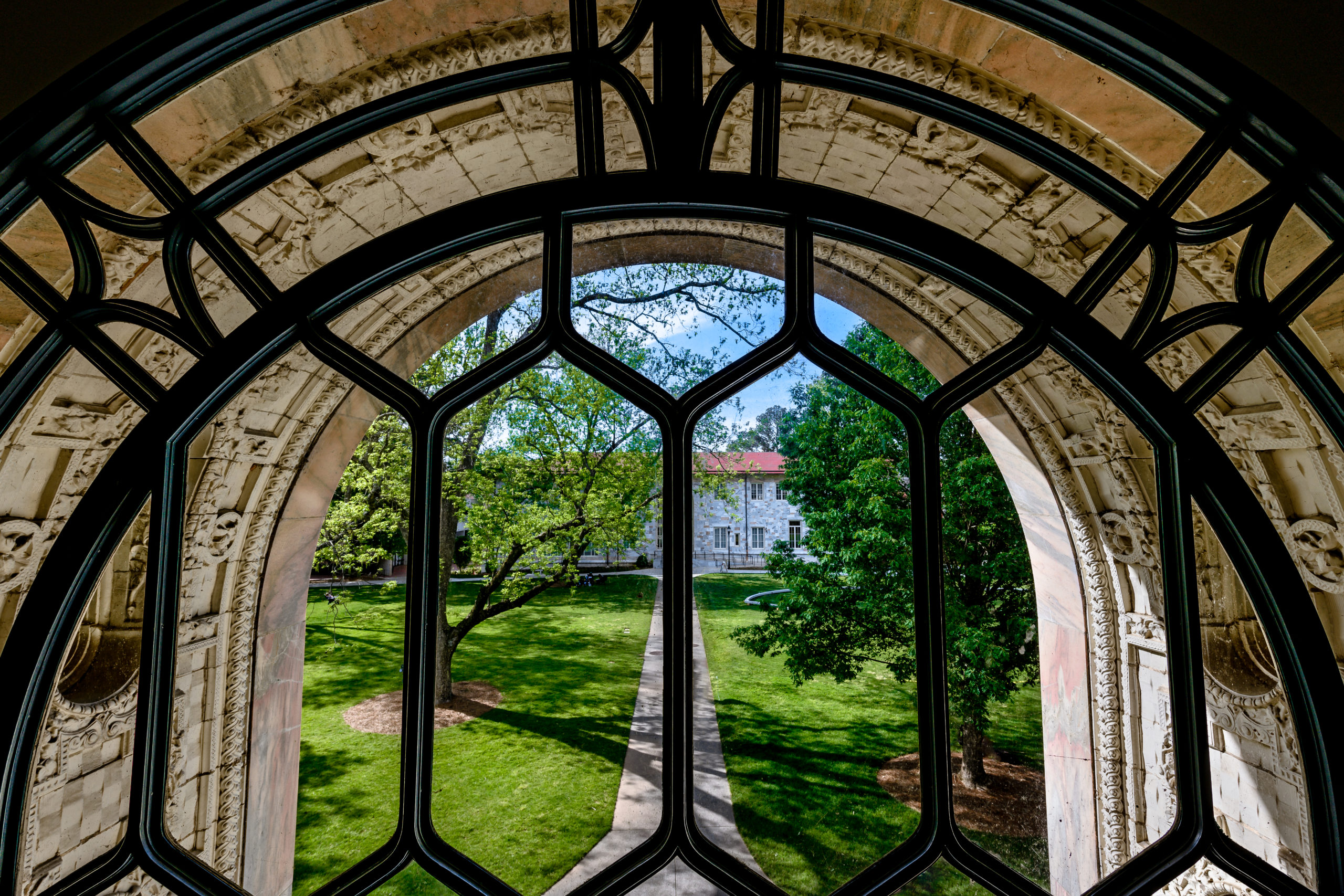The Laney Graduate School will launch a new Islamic Civilizations Studies doctoral program next semester, aiming to provide an interdisciplinary approach to studying Islamic culture and civilization.
According to Gordon Newby, the Goodrich C. White professor of Middle Eastern and South Asian studies, the program has been in the works for about a decade.
Prior to the establishment of this program, students interested in Islamic culture had to take courses in Emory’s Graduate Division of Religion (GDR).
“The new program is not specifically tied to Islam as a religion,” Newby said. “Instead, it looks at Islam as a culture and civilization.”
In addition, the program will consist of a five-year curriculum, and students will be encouraged to travel abroad and complete field work during the sixth year.
Specifically, the program will enable students to explore Islamic civilization by interacting with faculty in departments such as linguistics, history, art history, anthropology and law, among others.
Newby said this range of represented departments demonstrates Emory’s broad approach to studying Islamic civilization. He added that the program will take advantage of the resources of the University and possibly the Rollins School of Public Health.
After completing the programs, students could potentially conduct research, teach in a related field or work for a non-governmental organization or the government, according to Devin Stewart, associate professor of Middle Eastern and South Asian Studies.
While other graduate programs in the country offer the opportunity to study Islam, many do not offer one that is as broad and multidisciplinary in nature, Stewart said.
“The program extends over time from the beginnings of Islam up to the present, and it is open to all aspects of Islamic culture and civilization,” he said.
For example, a student interested in politics within Islam, Islam and public health, Islam and art or philosophy and Islam might be interested in the program, Newby said.
Newby also explained that a unique component of the program is that it will include Judeo-Arabic language and history as part of Islamic civilization.
Stewart said three faculty members on Emory’s campus specialize in Judeo-Arabic. Currently, there are only strong studies of Judeo-Arabic in England and Israel.
The new program will also not separate the Middle East and South Asian into different regions, as is done in other programs in the United States.
“It is unique to have people who know both sides,” Stewart said, noting that if the two regions are separated, the Indian Ocean as a category would likely not be studied. The program, meanwhile, will examine trade in the Indian Ocean.
Thus far, the program has received about 30 applications and will likely accept two or three students in the fall depending on funding from the graduate school.
“We are making use of expertise from a number of different departments, and we are excited to see what transpires,” Stewart said.
– By Elizabeth Bruml
ebruml@emory.edu
The Emory Wheel was founded in 1919 and is currently the only independent, student-run newspaper of Emory University. The Wheel publishes weekly on Wednesdays during the academic year, except during University holidays and scheduled publication intermissions.
The Wheel is financially and editorially independent from the University. All of its content is generated by the Wheel’s more than 100 student staff members and contributing writers, and its printing costs are covered by profits from self-generated advertising sales.






This is really and awesome and all, but remember how Emory decided to cut Hindi and Farsi for no reason last semester? Are those people un-fired for this, did they get contracts renewed, or what?
How many of Emory’s Hindi/Farsi instructors were specialists in Islam?
It’s a pretty good question how legitimate a program in Islamic studies and the Islamic world could be if students and scholars at Emory have zero linguistic access to the Shiite canon, cannot read a millennium’s worth of devotional Sufi poetry, or are unable to understand anything written or spoken in the principle languages of modern Iran and North India. Linguistic instruction – oftentimes carried out by professional language instructors who aren’t additionally scholars in those traditions – is a sine qua non for doing real work in these fields. By analogy: you don’t have to be a specialist in Cicero to teach Latin, or Romantic Idealism to teach German, but Emory would be a straight-up joke if we fired all the instructors in those languages and then proclaimed new centers for excellence in Classics and Philosophy.